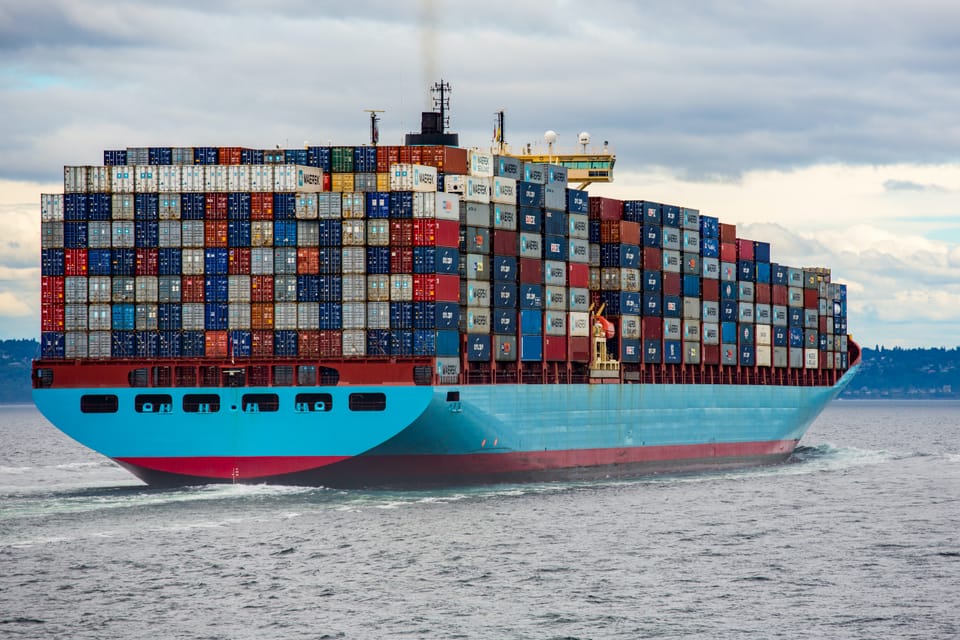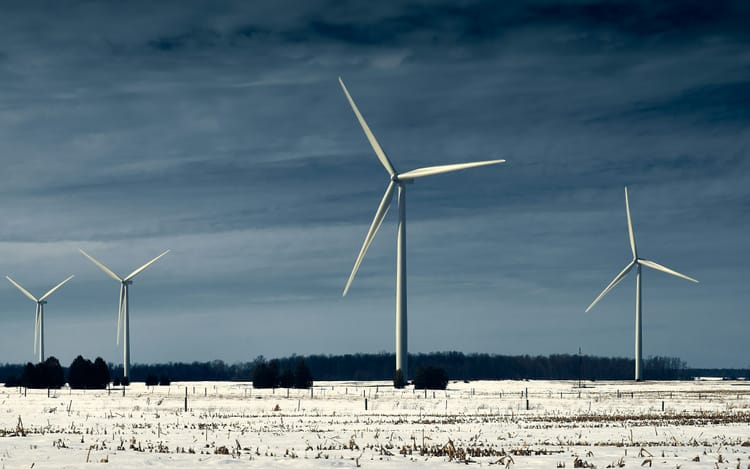UK to apply carbon border adjustment mechanism from 2027

The UK government announced this morning that it would apply a carbon levy on certain types of goods imported from countries with a lower or no carbon tax from 2027 – following the implementation of a similar carbon border adjustment mechanism in the EU.
The UK’s carbon border adjustment mechanism (CBAM) will initially apply to iron, steel, aluminium, fertiliser, hydrogen, ceramics, glass and cement. It is meant to ensure British companies in these sectors remain competitive as they accelerate efforts to decarbonise, and to avoid what is known as ‘carbon leakage’ – when companies move production overseas to avoid carbon rules in their own country.
When these carbon-intensive products enter the UK, importers will have to pay a levy equivalent to the difference between their origin country’s carbon tax (if it has one) and the one paid by UK firms, known as the Emissions Trading Scheme (ETS).
"This levy will make sure carbon intensive products from overseas – like steel and ceramics – face a comparable carbon price to those produced in the UK, so that our decarbonisation efforts translate into reductions in global emissions," said UK Finance Minister Jeremy Hunt.
EU vs UK carbon border adjustment mechanism
Though it is broadly aligned with the EU’s carbon border tax, the UK’s CBAM bears some slight differences: for example, it applies to ceramics and glass (which is not the case in the EU), but does not include electricity imports (the EU does).
Alongside its CBAM announcement, the UK government also invited companies from the power, aviation and industrial sectors to share their views on proposed changes to the UK ETS.
Stricter emissions caps are about to come into effect in these sectors, but many stakeholders are urging the UK to go further and link its ETS to that of the EU in order to ensure that UK businesses are not penalised by Europe’s CBAM. Today (December 18), carbon allowances were trading at just below €70 a tonne in the EU, and less than £35 (€40) in the UK.
An EU-aligned ETS?
“If the UK insists on a different process from the EU’s CBAM - or even just different documents or different verification procedures - it increases the chances that exporters will not bother to supply the (smaller) UK market and focus instead just on the EU,” said the Centre for Inclusive Trade Policy last August.
“Moreover, unless the UK aligns its ETS entirely with the EU’s, UK exporters to the EU will have to do additional paperwork and potentially pay the EU CBAM. Thus, alignment of processes with EU ones is essential. To be efficient, the UK should also seek joint enforcement - whatever is good enough for the EU is good enough for the UK and vice versa,” it added.
A wide majority of UK businesses support an EU-aligned carbon tax in the UK.







Member discussion